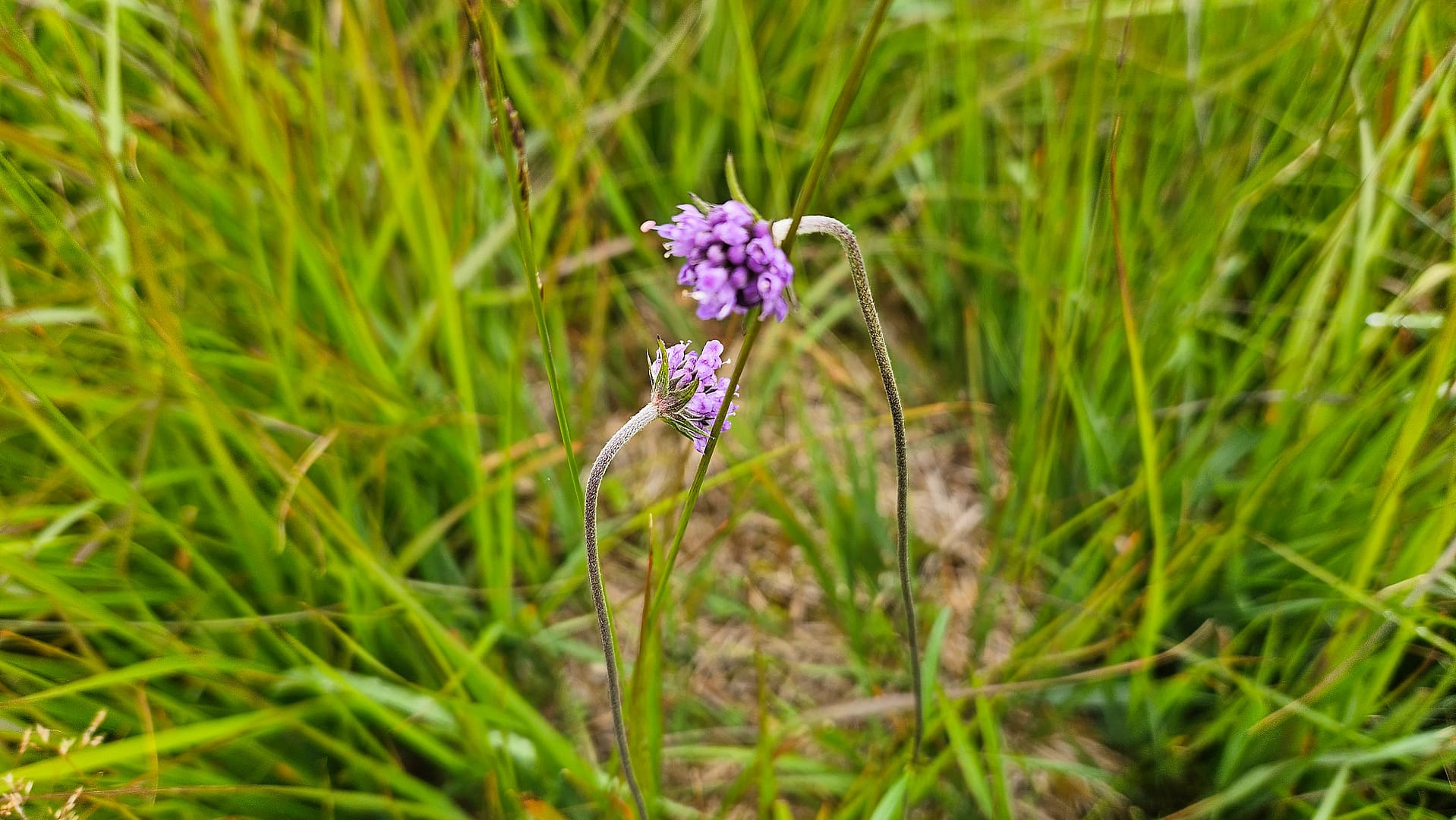Some Good to Know Details When Visiting Ireland
The following details will help you prepare for your trip and make your overall experience in Ireland more enjoyable.
Official Languages
Ireland has two official languages: English and Irish. (The people refer to their native language as ‘Irish,’ not ‘Gaelic.’) As a result, you will see road signs, the names of towns, and many other official communications in both languages.
There are still a few areas in Ireland (Gaeltacht) where people speak Irish as a first language. These mainly occur in rural areas along the west coast of Ireland. But even there the people all speak English as well.

Tipping
In contrast to the U.S., tipping in Ireland is discretionary, and there are no hard and fast rules to guide you. Which can definitely be confusing for an American who feels guilty about not tipping enough!
This being said, if people receive good service in a restaurant, they generally add 10% to the bill. If they did not receive good service, they do not tip. If a large group (10 people or more) is involved, people generally add 20% to the restaurant bill. (The restaurant may already have included a service charge, so you need to look at the bill. If they have, no additional tips are necessary.)
It isn’t common practice to tip bartenders in pubs–unless you are being served at a table and the service was good. Nor is it common practice to tip taxi drivers.
Handicap Access
Dublin is largely accessible to people who are in wheelchairs. About 95% of the curbs have been cut, and many of the hotels and most important attractions are accessible.
Outside of Dublin, however, Ireland is a relatively challenging place to visit if you have trouble with mobility or are in a wheel chair. Many of the buildings are hundreds of years old, and they likely have numerous stairs that people must navigate. Furthermore, the roads and sidewalks in small communities can be rough, uneven and narrow.
With careful planning, however, a visit to Ireland is still possible. For more information, see Guide to Disabled Holidays Around Ireland.
Electricity
Ireland uses type G power plugs and sockets, the standard voltage is 230 V, and the frequency is 50 Hz. Consequently, it is a good idea to bring a universal adaptor (with surge protection) with you.
It is good to be aware that Ireland does not allow electric outlets in the bathrooms. This means you always have to dry your hair somewhere in the bedroom, which hopefully comes equipped with a convenient outlet, a place to sit, a mirror and some light!
Currency
The Republic of Ireland is a member of the European Union and therefore uses euros. Northern Ireland, which is part of the United Kingdom, uses pounds.
Credit Cards, ATMs & Banks
You can use your debit card or credit card (Visa and Mastercard) for purchases throughout Ireland. ATMs are plentiful everywhere–not only at banks, but also in grocery stores, convenience stores, gas stations and more.
The two major banks in Ireland are the Bank of Ireland and AIB (Allied Irish Banks). When getting cash from an ATM, I always try to use an ATM from one of these banks because they do not charge a fee for the service. ATMs not connected to a major bank often do charge a fee.
Hotel Bed Sizes
The standard size of a bed for two people in Ireland is somewhere between an American double and a queen. In other words, they are small! An American king-sized bed is called a ‘super king’ in Ireland.
Some hotels and B&Bs may have a room or two with a super king mattress, but others will not. If there is any doubt, I usually call the hotel to double-check.
Public Restrooms
Outside of major tourist areas, public restrooms in Ireland are few and far between. Smaller tourist attractions almost never have a public restroom, and there are no rest areas along the freeways where you can stop, use a restroom and get a cup of coffee or a snack.
About your only options (other than finding a discreet tree or bush, which I have used a lot!) are to stop at a gas station or to get a cup of tea in a café in order to use their facilities.

